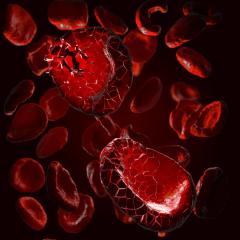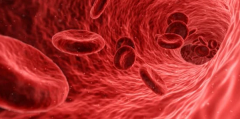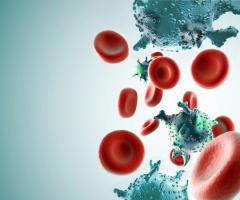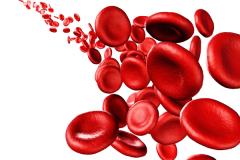
Managing Cranial Nerve Impairment in Multiple Myeloma Following Cilta-cel
Nurses should be educated on cranial nerve impairment that may affect those with multiple myeloma who receive cilta-cel, says Leslie Bennett, MSN, RN.
Episodes in this series

It is critical to quickly conduct neurological workups to verify cases of cranial nerve palsy (CNP) in patients with multiple myeloma who receive treatment with ciltacabtagene autoleucel (cilta-cel; Carvykti), according to Leslie Bennett, MSN, RN.
Bennett, a nurse coordinator at Stanford Healthcare, spoke with CancerNetwork® during the
Transcript:
[Cranial nerve impairments are] something that we do discuss in the new patient visit, when the patients are being consented, and when we’re talking about all the neurological toxicities, including the fact that they could have the cranial nerve VII impairment causing the palsy typically during delayed onset.
It’s good for nurses, specifically, to be educated on this so that they can prepare their patients and the caregivers before, during, and after their CAR T infusions so that they can find the signs and symptoms and adequately get them addressed. It’s important to have a rapid neurological workup to ensure that what indeed is happening is a nerve palsy and not another neurological [adverse] effect from the CAR T therapy.
Reference
Bennett L, Kruyswijk S, Sidana S, et al. Incidence and management of cranial nerve impairments in patients with multiple myeloma treated with ciltacabtagene autoleucel in CARTITUDE studies. Presented at the 49th Annual Oncology Nursing Society Conference; April 24-28, 2024; Washington, DC.
Newsletter
Stay up to date on recent advances in the multidisciplinary approach to cancer.



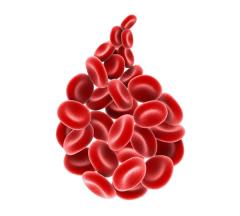





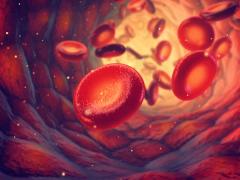

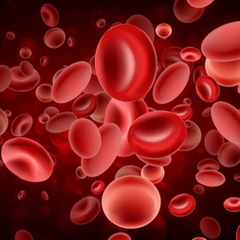





![“I don't think [the CRL] impacts how I look at the data that is publicly available and the approval chances long term for linvoseltamab and how we might use it in the future,” said Surbhi Sidana, MD.](https://cdn.sanity.io/images/0vv8moc6/cancernetwork/8b007a323176820eb0754e84186341fe7ca44ae4-350x350.jpg?w=240&fit=crop&auto=format)



